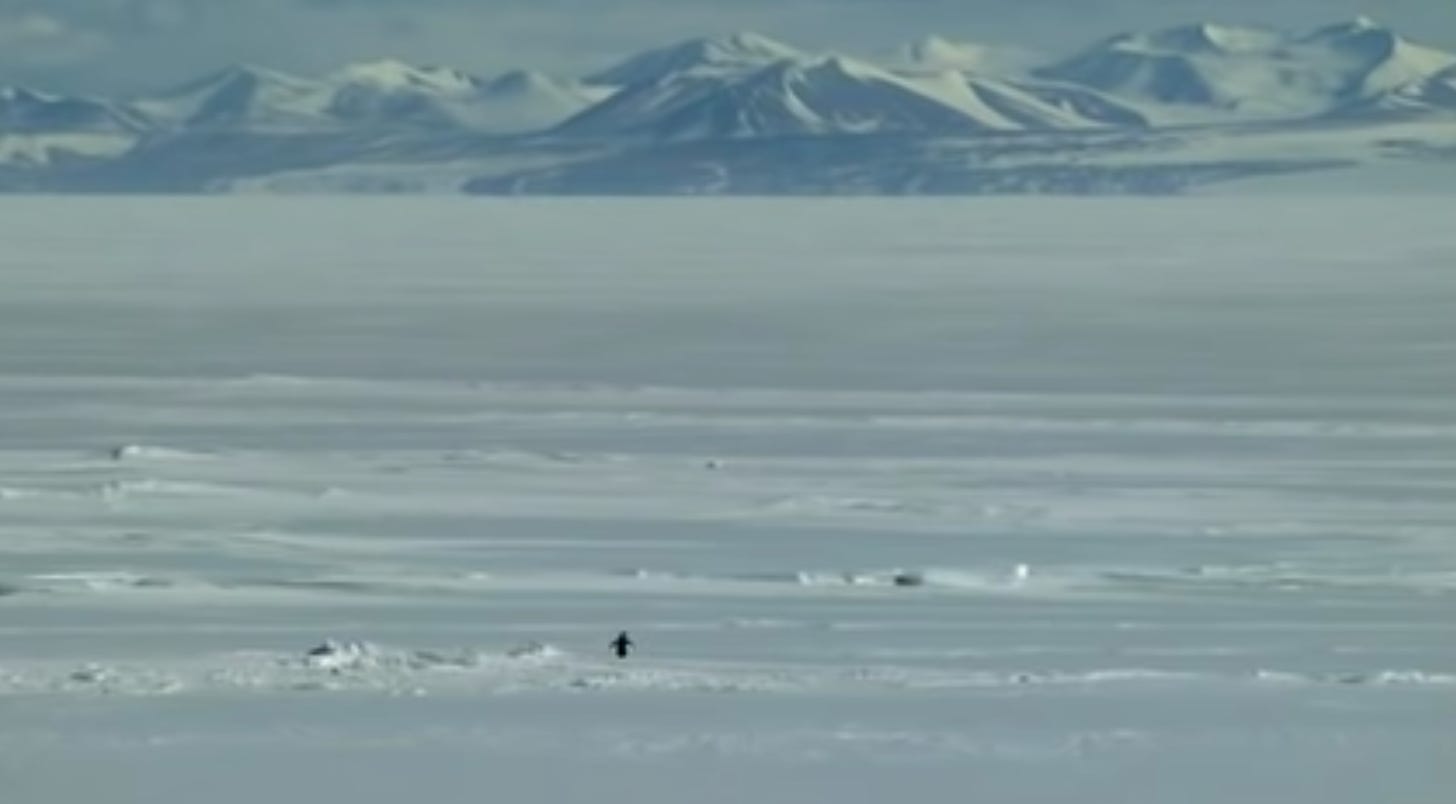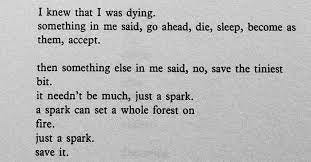A 2016 New Yorker article. “Why are Babies so Dumb if Humans are so Smart.”
A baby giraffe can stand within an hour of birth, and can even potentially flee predators on its first day of life. A monkey can grasp its mother and hang on for protection and nourishment. A human infant can’t even hold up its own head.
It argues human babies are dumber than animal babies because science: head size, weaning time, neural density, etc. I argue the premise is wrong from the start.
People assume a baby monkey is intelligent because it can do some basic monkey stuff, a baby giraffe is intelligent because it can do giraffe stuff. But human babies are equally capable of doing human stuff—it’s just that human stuff is different stuff.
What happens to an adult monkey or giraffe that can’t hold up its head? It dies, dries out, and is eaten by scavengers or worse by its own family. What happens to a human adult that can’t hold its head up? It receives a lifetime of servants satisfying its every need. And for free.
That’s because humans are pity-driven animals. A babies’ cry is every bit as powerful as a giraffe’s legs or a monkey’s grip. Other humans react in service of the baby. As a species, we’re utterly dependent on cohesion, more like bees or ants than monkeys. We have primate bodies and bacteria minds.
We think our inborn compassion sets us apart from animals. It doesn’t. Sympathy and empathy—even to the degree of self-sacrifice—are indeed what make us human, but humans are just another member of the animal kingdom. Plenty of other animals share group cohesion as a core trait. A penchant for mass suicide is what makes a lemming a lemming. In contrast, other animals have more individualistic essences. Sharks eat each other in the womb.
The deranged and insane penguin in the screenshot above, from Werner Herzog’s Encounters at the End of the World, leaves the penguin colony and runs towards the mountains for no reason. But Herzog suggests there’s something special about this penguin. In its rambling, it reaches Herzog’s camp, 80km from where it’s supposed to be. The humans aren’t allowed to help it, so we assume it dies. But what if they could feed it, adopt it, take it back with them? What if this outsider penguin, in its irrational break from its fellows, reached an alien world, and was rewarded for it? It would be the least penguin-like penguin. A penguin hero.
My point is that our instinct to rely on each other doesn’t set us apart from animals. It’s our most basic, animalistic trait. What makes us different from animals—what makes us transcendent, holy, and uniquely powerful beings—is the ability to break free from our cohesive instincts. Thus humanity’s paradoxical love/hate relationship with outsiders. This article is about how to cope with being one yourself.
—
Last year, I had a baby of my own. At 14 months, she possesses obvious humanness; that is to say animal intelligence. She can’t walk or talk, but these are not in fact the most human things we do. She cries when she’s hungry. She fake cries when she wants attention. She pretends food is too hot when she wants something else. She dances and gives kisses. Give her something and she’ll always offer you something back. She certainly fits in better than I do.
Me? I’m a deranged penguin. I burn bridges. I bite the hand that feeds. I’m difficult to be around. I can’t hang onto a normie job for more than a year. Fired, laid off, or quit; I run for the hills, thousands of kilometers away, in search of an undefined and unimaginable reward.
I’m a perennial outsider, an observer of insiders. My life is a bacchanal of parties I invite myself to. In high school, I was the one white kid at the black party. In college, the one poor kid at the rich party. In my career, the one dissident at the girl boss gala.
None of these situations were thrust upon me. Plenty inside worlds beckoned. Self-alienation was always my choice—sometimes conscious, sometimes subconscious—but always me. An invisible net ties the human hive together. Successful humans mind that net. They tend it like a garden. Rejecting it is my own failure as a human. But only as a human animal.
Jonathan Franzen said “I wondered if, all my life, in my refusal to be a joiner, I’d missed out on some essential human thing.” And he did. Non-joiners are a bit short on humanness. But we’re also the ones who make us not animals. Help, pity, togetherness—these are things even a baby can do. The outsider yearns for more.
Outsiders see instinctual togetherness for what it is, and it makes us uncomfortable. Often, it’s because we’ve slipped through the net at a young age. It’s not a coincidence that Steve Jobs and Jeff Bezos were adopted. Born outsiders fall through the primary cohesion net. They’re caught by another one, but the fall is rattling. Those from good, normal, insider homes can’t understand the gravity of it. We’re hyper aware of relationships, but also suspicious of them. This single trait, more than any other, is shared by every great creator I’ve met or analyzed.
But more than that, outsiders share an indescribable feeling of purpose. We burn for the mountains an irrational distance away. To make it as an outsider, serve your non-human instincts. Fight the urge to douse them in compromise. Relish in your rareness.
The insider will call you deficient. You’re not Steve Jobs bro, you’re just a selfish asshole. A deranged penguin. But is the deranged penguin any more selfish than the colony penguin? No! The deranged penguin is less selfish. The outsider doesn’t sacrifice others, only the selfish instinct to cling to them. He sacrifices himself. And don’t herd humans love to define themselves by the least human, the least cohesive, among us? They put up posters of cowboys, jokers, thieves. The outsider gives them hope that they’re not just animals, but maybe something more.
So to my outsiders, know that the insider chorus will haunt you. The perception of deficiency will cloud your vision, and threaten to disconnect you from your mission. Others will move voraciously towards success and you will stumble, feel strange, and wonder why you can’t see what they see. You’re a moth towards an alien flame.
It’s your job to keep that flame alive no matter what. To strengthen it. To run towards it, even if it’s at distances you’ll never reach. Your life will be harder, less pleasant, more full of pain and anguish. But nobody ever dressed up as an insider for Halloween. You have a chance to transcend humanhood. So keep distorting reality. Fight off doubts like orcs. The direction—you know it’s there—is all you need. Thank it. Feed it. Follow it.
You have what everyone wants. The will to connect with something beyond humanity. What’s the lesson you keep learning over and over? Don’t try to fit. Compromising has never worked, and it never will. Abandon fear. Don’t be a baby.






This is so well-written, so intriguing and insightful, all I can say in response is, "Wow!"
as a fellow outsider, I identify with this and will now subscribe. good 'marketing'